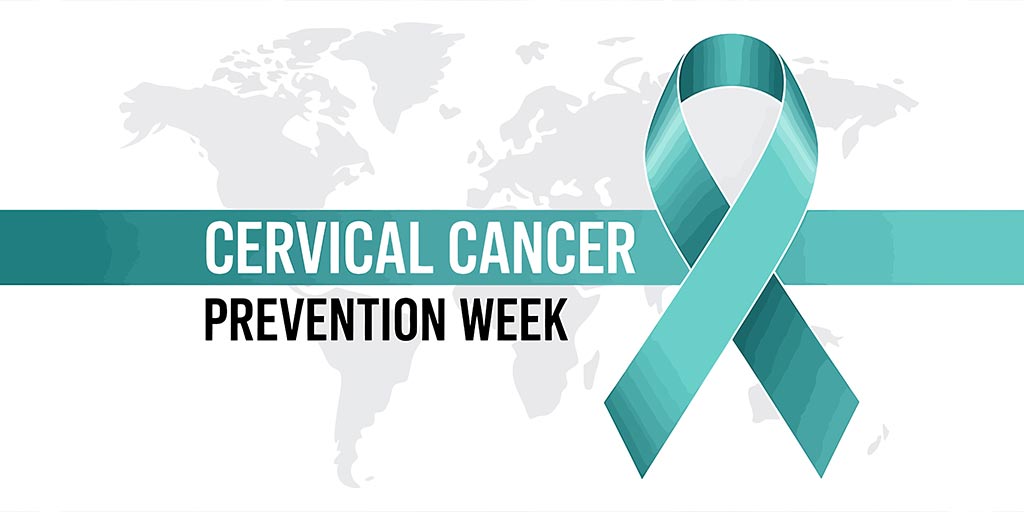Irregular menstruation can be caused by various factors such as hormonal imbalances, stress, or underlying medical conditions. At Graphic Era Hospital, our team of skilled gynaecologists offers personalised care, diagnosing the root cause of the issue and providing effective treatments. Whether you need medication, lifestyle changes, or advanced procedures, we are here to help restore your menstrual health with expert care.
What Causes Irregular Periods?
Irregular periods can occur due to a variety of reasons, affecting the natural menstrual cycle. These include:

- Hormonal imbalances, often caused by conditions like polycystic ovary syndrome (PCOS) or thyroid disorders
- Stress and lifestyle changes that can disrupt the normal menstrual cycle
- Excessive weight gain or loss affecting hormonal regulation
- Pregnancy or postpartum changes in the body
- Birth control methods, such as hormonal contraceptives or IUDs
- Menopause or perimenopausal changes in older women
- Eating disorders or poor nutritional intake impacting menstrual health
- Chronic medical conditions like diabetes or autoimmune disorders
- Cysts, fibroids, or endometriosis affecting reproductive health
- Uncontrolled medical conditions, such as diabetes or polycystic ovary syndrome (PCOS)
When Should You Consult a Gynaecologist for Irregular Periods?
It’s important to consult a gynaecologist if you experience any changes in your menstrual cycle, especially if they are persistent or disruptive. You should consult a gynaecologist if you have:
- Irregular cycles consistently shorter than 21 days or longer than 35 days
- Missed periods for several months (unless pregnant)
- Heavy or prolonged bleeding that disrupts your daily life
- Severe abdominal pain or cramps during menstruation
- Unexplained weight gain or difficulty losing weight
- Changes in menstrual flow (lighter or heavier than normal)
- Symptoms of PCOS, such as excessive hair growth, acne, or irregular ovulation
- Difficulty conceiving after trying for a year or more
- Unexplained fatigue or mood swings linked to menstrual changes
- Symptoms of endometriosis or fibroids, such as pelvic pain
Conditions Associated with Irregular Periods
Irregular periods can be a symptom of various underlying conditions that affect a woman’s reproductive health. These conditions often require expert evaluation and targeted treatment to restore hormonal balance and overall well-being.
- Polycystic Ovary Syndrome (PCOS): A common hormonal disorder that causes irregular periods, ovulation problems, and increased androgen levels. It can also lead to infertility, weight gain, and acne.
- Endometriosis: A condition where tissue similar to the lining of the uterus grows outside, causing painful periods, pelvic pain, and potentially leading to infertility.
- Fibroids: Non-cancerous growths in or on the uterus that can cause heavy or prolonged bleeding, painful menstruation, and pelvic discomfort.
- Thyroid Disorders: Both hypothyroidism and hyperthyroidism can disrupt menstrual cycles, leading to irregular periods or complete absence of periods.
- Stress and Lifestyle Factors: Excessive stress, poor nutrition, and rapid weight gain or loss can affect hormonal balance, leading to irregular menstruation.
- Premature Ovarian Insufficiency (POI): A condition where a woman’s ovaries stop functioning normally before the age of 40, leading to irregular periods and infertility.
- Pelvic Inflammatory Disease (PID): An infection of the reproductive organs that can cause painful periods, heavy bleeding, and potentially affect fertility if left untreated.
- Chronic Health Conditions: Diseases like diabetes, autoimmune disorders, and obesity can affect hormonal regulation, leading to irregular menstrual cycles.
Why Choose Graphic Era Hospital for Irregular Periods Treatment?

Treatment Options for Irregular Periods at Graphic Era Hospital
At Graphic Era Hospital, we offer a comprehensive range of treatment options for managing irregular periods, ensuring that each patient receives personalized care. Our gynaecologists work closely with patients to address the underlying causes of irregular menstruation, providing long-term solutions through medications, lifestyle changes, and, where necessary, surgical interventions. We focus on individualized treatment plans that aim to restore balance and improve overall reproductive health.
Hormonal Therapy
Hormonal therapy is often prescribed to regulate menstrual cycles and treat conditions like PCOS, endometriosis, and hormonal imbalances. This may include the use of oral contraceptives, progesterone, or hormone replacement therapy (HRT) to help restore hormonal balance and regularity to the menstrual cycle.
Lifestyle and Dietary Changes
We provide guidance on diet, exercise, and stress management as part of a holistic approach to managing irregular periods. Weight loss, healthy eating habits, and stress reduction techniques can significantly improve hormonal balance and menstrual regularity, especially for women with PCOS or those affected by weight-related menstrual issues.
Surgical Interventions
In some cases, surgical procedures like endometrial ablation laparoscopy or laparoscopic ovarian drilling for refractory PCOD cases may be necessary to address conditions like fibroids or endometriosis, which can cause irregular periods. These minimally invasive surgeries help manage conditions effectively, improving menstrual health and overall reproductive function.
Blog
Frequently Asked Questions
How long should my period be before I consider it irregular?
Typically, a menstrual cycle lasts between 21 to 35 days. If your cycle falls outside this range consistently or if your period is very irregular, it may be considered abnormal and worth consulting a gynaecologist.
Can irregular periods affect my fertility?
Yes, irregular periods can be a sign of conditions like PCOS or endometriosis, which may affect ovulation and, consequently, fertility. Seeking treatment can help regulate your menstrual cycle and improve your chances of conception.
How can I track my menstrual cycle to identify irregularities?
You can track your cycle by recording the start and end dates of your periods, noting any symptoms such as pain or changes in flow, and observing the consistency of your cycle over several months. Mobile apps can also help with cycle tracking.
What are the risks of not treating irregular periods?
If left untreated, irregular periods may be linked to hormonal imbalances, infertility, and complications related to conditions like PCOS or endometriosis. It’s important to seek timely treatment to avoid long-term health effects.
Can weight loss help regulate my menstrual cycle?
Yes, maintaining a healthy weight can help balance hormones and regulate periods, especially for women with PCOS or those who are overweight. A balanced diet and regular exercise can contribute to menstrual regularity.
Can menopause cause irregular periods?
Yes, as women approach menopause (typically between ages 45-55), hormonal fluctuations can lead to irregular periods, known as perimenopause. Consult a gynaecologist for guidance on managing this natural transition.
How often should I get checked if I have irregular periods?
It’s advisable to have a thorough gynaecological check-up if you experience irregular periods for more than 3 months. Early diagnosis helps address underlying issues and prevent complications.











